French - VI Form
Subjects
-
Art - 6th Form List Item 2
-
New List Item Write a description for this list item and include information that will interest site visitors. For example, you may want to describe a team member's experience, what makes a product special, or a unique service that you offer.
Biology - 6th Form -
New List Item Write a description for this list item and include information that will interest site visitors. For example, you may want to describe a team member's experience, what makes a product special, or a unique service that you offer.
Business Studies - 6th Form -
New List Item Write a description for this list item and include information that will interest site visitors. For example, you may want to describe a team member's experience, what makes a product special, or a unique service that you offer.
Chemistry - 6th Form -
New List Item Write a description for this list item and include information that will interest site visitors. For example, you may want to describe a team member's experience, what makes a product special, or a unique service that you offer.
Computer Science - 6th Form -
New List Item Write a description for this list item and include information that will interest site visitors. For example, you may want to describe a team member's experience, what makes a product special, or a unique service that you offer.
Drama - 6th Form -
New List Item Write a description for this list item and include information that will interest site visitors. For example, you may want to describe a team member's experience, what makes a product special, or a unique service that you offer.
English - 6th Form -
New List Item Write a description for this list item and include information that will interest site visitors. For example, you may want to describe a team member's experience, what makes a product special, or a unique service that you offer.
Extended Project Qualification - 6th Form -
New List Item Write a description for this list item and include information that will interest site visitors. For example, you may want to describe a team member's experience, what makes a product special, or a unique service that you offer.
French - 6th Form -
New List Item Write a description for this list item and include information that will interest site visitors. For example, you may want to describe a team member's experience, what makes a product special, or a unique service that you offer.
Further Maths - 6th Form -
New List Item Write a description for this list item and include information that will interest site visitors. For example, you may want to describe a team member's experience, what makes a product special, or a unique service that you offer.
Geography - 6th Form -
New List Item Write a description for this list item and include information that will interest site visitors. For example, you may want to describe a team member's experience, what makes a product special, or a unique service that you offer.
History - 6th Form -
New List Item Write a description for this list item and include information that will interest site visitors. For example, you may want to describe a team member's experience, what makes a product special, or a unique service that you offer.
Latin - 6th Form -
New List Item Write a description for this list item and include information that will interest site visitors. For example, you may want to describe a team member's experience, what makes a product special, or a unique service that you offer.
Music - 6th Form -
New List Item Write a description for this list item and include information that will interest site visitors. For example, you may want to describe a team member's experience, what makes a product special, or a unique service that you offer.
Mathematics - 6th Form -
New List Item Write a description for this list item and include information that will interest site visitors. For example, you may want to describe a team member's experience, what makes a product special, or a unique service that you offer.
Physics - 6th Form -
New List Item Write a description for this list item and include information that will interest site visitors. For example, you may want to describe a team member's experience, what makes a product special, or a unique service that you offer.
Religious Studies - 6th Form -
New List Item Write a description for this list item and include information that will interest site visitors. For example, you may want to describe a team member's experience, what makes a product special, or a unique service that you offer.
Spanish - 6th Form
French
Why choose French A-Level?
The new Pearson Edexcel A-Level in French has been developed to inspire all students who have an appreciation of the language, literature, film and culture of the French-speaking world. This motivating course of study will enable students to develop an advanced level knowledge and understanding of the French language, the culture of France and other Francophone countries, as well as practical and valuable language and transferable study skills. This specification will help to prepare students for higher education and enhance their employability profile.
What study skills do you need?
Learning a foreign language is an accumulative skill, which has to be built up over time and practised as much as possible in the four skills of listening, speaking, reading and writing. You should practise regularly in all four areas as early as possible in the course, because this is definitely not a subject that can be crammed into a short space of time or squeezed into last minute revision sessions. Getting the top grade at A-Level means being prepared to go beyond the set work and to be pro-active in your learning as well as honing your exam technique. Even students with native-level language skills will have to make sure their cultural knowledge is strong and learn how to fine-tune their answers to ensure they satisfy the examiners’ rigorous criteria. Being fluent in the language is not enough on its own.
Consistency, self-motivation and the desire to do well are essential.
What are the aims of the course?
The aims and objectives of this course are to enable students to:
- enhance their linguistic skills and promote and develop their capacity for critical thinking on the basis of their knowledge and understanding of the language, culture and society of the country or countries where the language is spoken
- develop control of the language system to convey meaning, using spoken and written skills, including an extended range of vocabulary, for both practical and intellectual purposes as increasingly confident, accurate and independent users of the language
- develop their ability to interact effectively with users of the language in speech and in writing, including through online media
- develop language learning skills and strategies, including communication strategies to sustain communication and build fluency and confidence
- engage critically with intellectually stimulating texts, films and other materials in the original language, developing an appreciation of sophisticated and creative uses of the language and understanding them within their cultural and social context
- develop knowledge about matters central to the society and culture, past and present, of the country or countries where the language is spoken.
- mediate between cultures and between speakers of the language and speakers of English
- foster their ability to learn other languages
- equip themselves with transferable skills such as autonomy, resourcefulness, creativity, critical thinking, and linguistic, cultural and cognitive flexibility that will enable them to proceed to further study or employment.
- develop their capacity for critical and analytical thinking through the language of study.
- develop as independent researchers through the language of study.
GCSE requirements
A minimum of 7 for French GCSE and in English Language
Course content
Students are examined in three papers.
- Paper 1: Listening, reading and translation into English
- Paper 2: Written response to works and translation into French. There will be two essays on a literary work and a film.
- Paper 3: Speaking.
Papers 1 and 3 are based on content from the following four themes.
The four themes address a range of social issues and trends, as well as aspects of the political and artistic culture of France and French-speaking countries.
The four themes are:
- Theme I : Les changements dans la société française
- Theme 2 : La culture politique et artistique dans les pays francophones
- Theme 3 : L’immigration et la société multiculturelle française
- Theme 4 : L’occupation et la Résistance
Further education and career opportunities
Language skills can lead directly into a career in translating, interpreting or teaching, and are also in demand in areas such as hospitality, law, publishing and business services. Modern languages degrees typically involve spending a year abroad and this can be an opportunity to find work in a field that interests you and gain relevant experience.
Languages are an essential skill in today’s globalised world. A good knowledge of a language is a key skill employers will look for in candidates.
Many big graduate employers are multinational organisations and are keen to recruit candidates who are willing to work overseas and can liaise effectively with international colleagues. Studying modern languages is likely to develop interpersonal and communication skills that graduate recruiters’ value.




